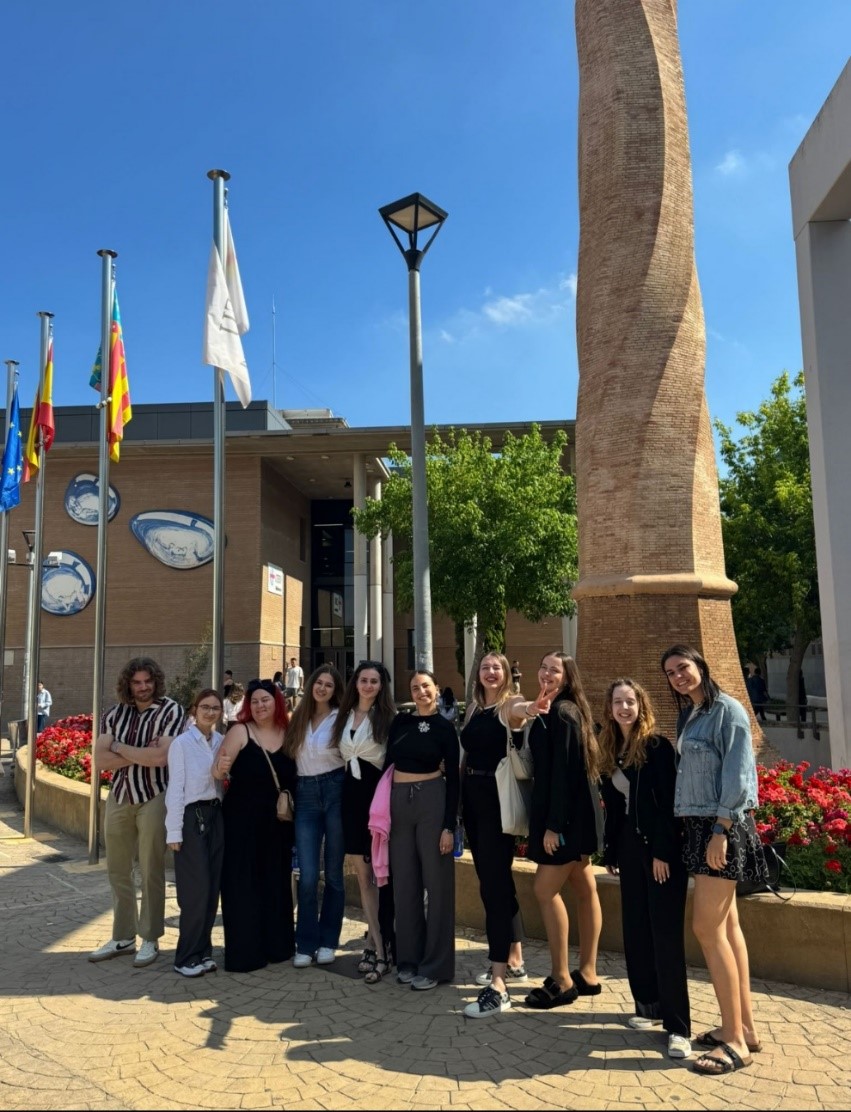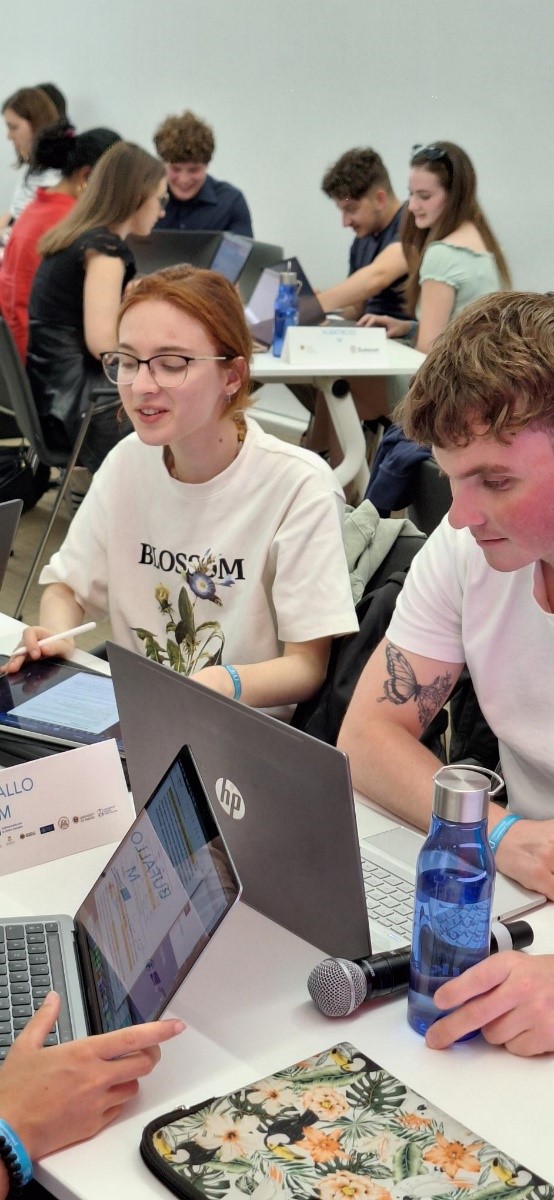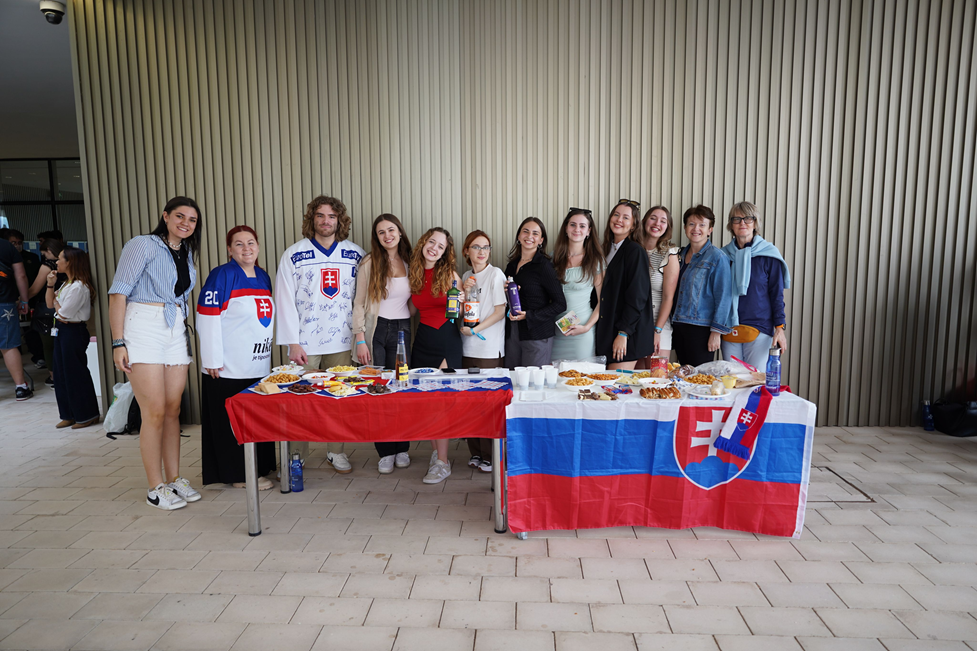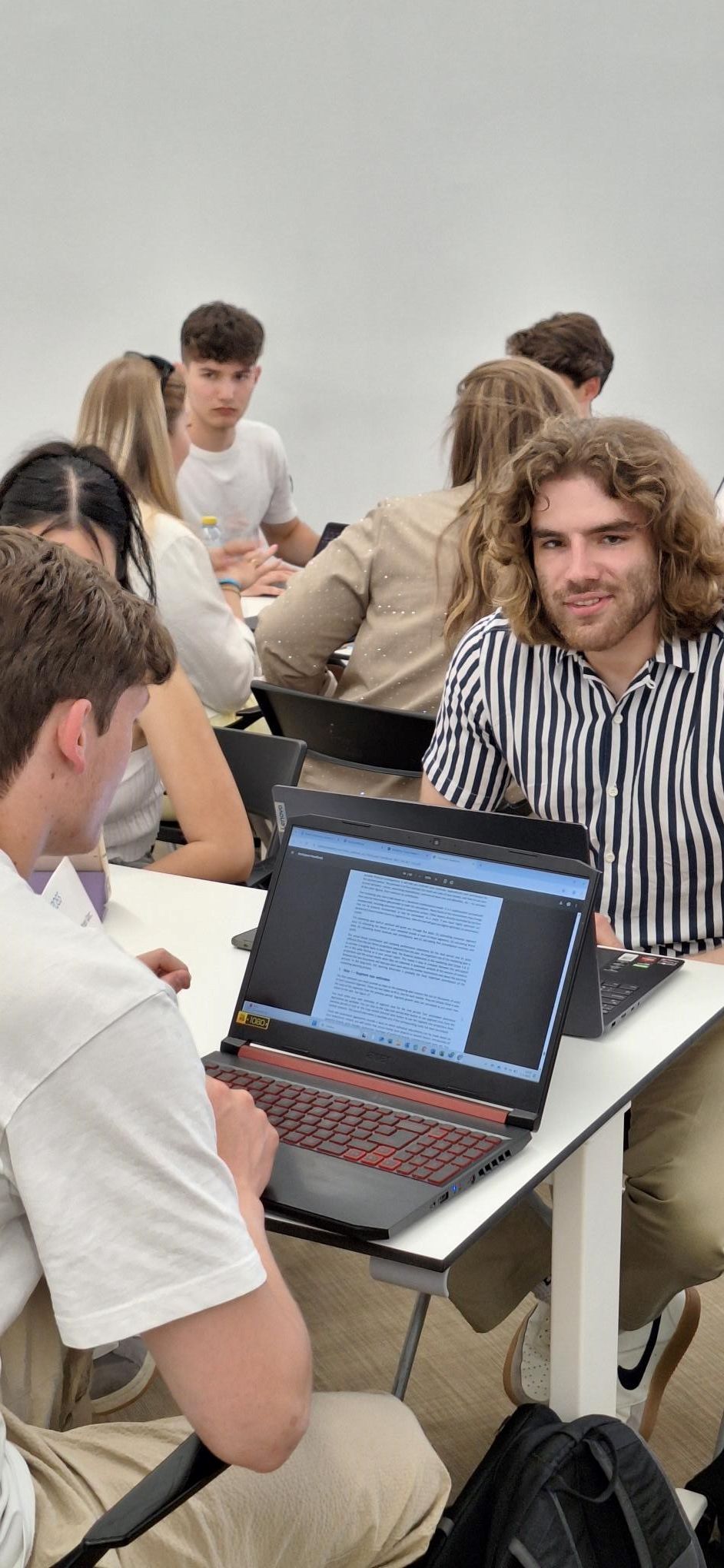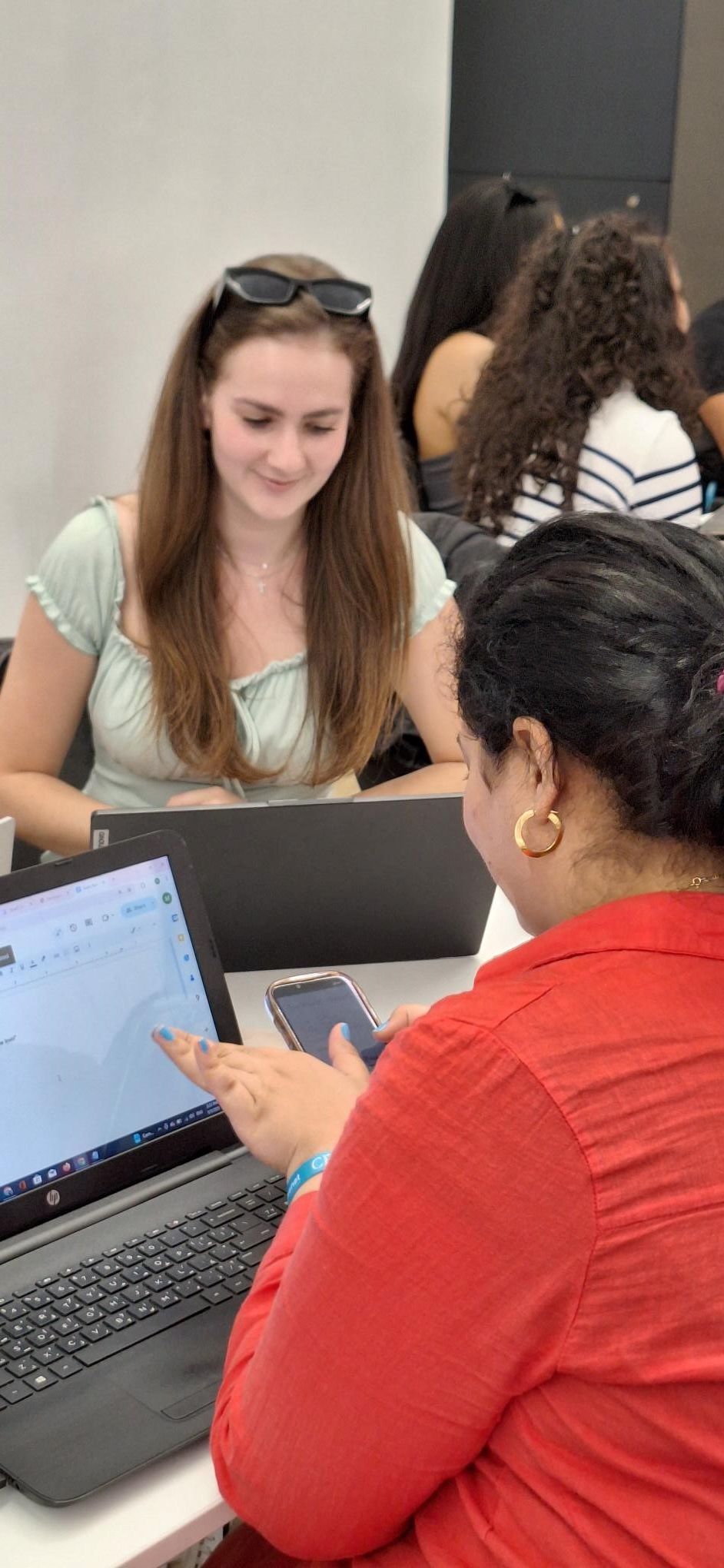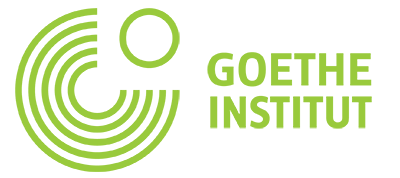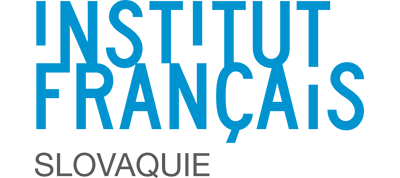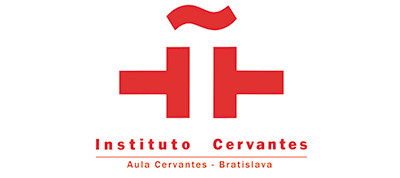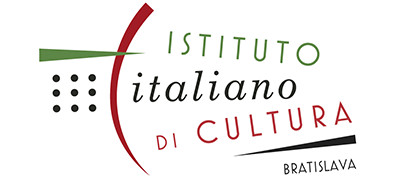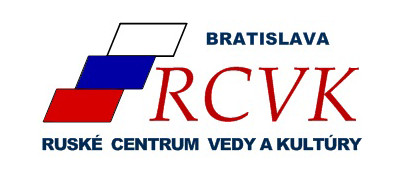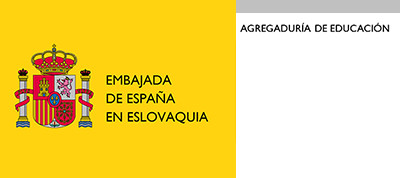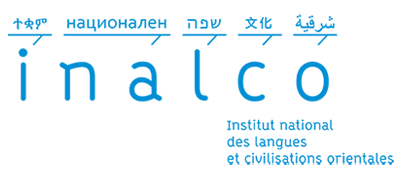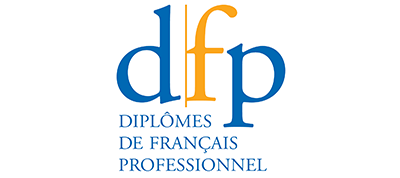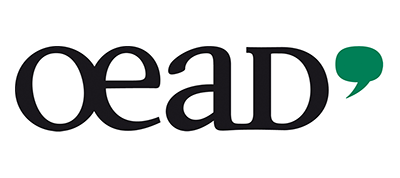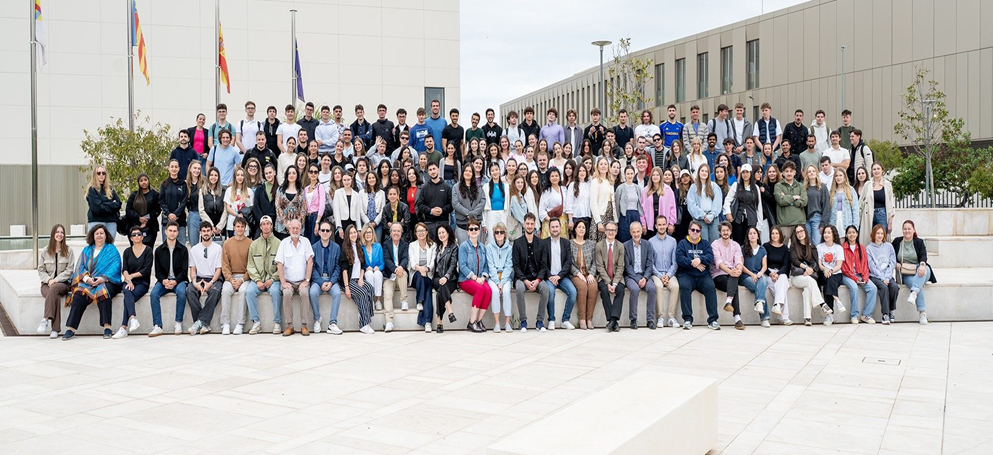
From 5 to 9 May 2025, the international marketing simulation Markstrat took place at the Universidad CEU Cardenal Herrera in Valencia, Spain (Alfara del Patriarca Campus) within the framework of the DUKENET network. 140 students from various European universities participated in the programme, while the University of Economics in Bratislava was represented by 10 students from the Faculty of Applied Languages.
The event was part of the Blended Intensive Programme and was called Markstrat Marketing Simulation Game. The programme combined online preparation with intensive face-to-face teaching, culminating in a week-long simulation of the management of fictitious companies in a highly competitive environment.
Students were divided into international teams to tackle marketing challenges ranging from product development and market segmentation to pricing, distribution and brand positioning decisions. Every decision in the simulation had an immediate impact on the performance of the firms, creating realistic competitive market conditions.
"The week-long mobility provided me with valuable experience of simulating a real market where every decision had a real impact on brand development, market share or financial performance. What I appreciate most is the teamwork," said Nela Jánošová.
During the simulation, students tested their analytical skills, ability to adapt quickly, reasoning and communication in English under time pressure.
"I experienced real teamwork under time pressure. I learned that patience and long-term thinking can turn even a seemingly losing game around," added Sabina Postekova.
A strong intercultural dimension was also part of the experience. It was the diversity of the teams that the students rated as a great positive.
"Erasmus taught me that openness to other cultures broadens our thinking and improves our ability to work together," said Tamara Mrázová.
"I gained practical experience in teamwork, working with data and long-term planning, which are crucial for real business," added Matej Šebo.
"In addition to gaining a lot of new knowledge in the field of marketing, I had the opportunity to work with people from different countries and cultures. I really appreciate the new contacts and friendships that were made during my stay," wrote Natália Slahučková.
"BIP Markstrat allowed me to step out of my comfort zone. It was challenging but very inspiring," Bianka Pavlíková summed it up.
"Working in a team with people from different countries helped me to improve my communication and teamwork. I learned how to think strategically, react quickly to changes and find solutions under time pressure," said Kristína Hošková.
"Mobility exceeded my expectations both professionally and personally. I am extremely grateful for this opportunity," concluded Virág Csicsay.
"By being open and respectful, we were able to succeed as a team despite different levels of experience. This was a key lesson for me," Lea Kovalská stressed at the end.
Terézia Petríková also summed it up succinctly at the end: "The Erasmus programme allowed me to experience the power of intercultural cooperation and open communication, which is not only personally but also professionally enriching. Thanks to the patience and willingness of the team members to share their knowledge, I felt like an equal part of the team, which contributed significantly to our joint successful strategy."
We hope, that the experience gained and contacts made during this mobility will not only become a valuable part of the students' studies, but also a lasting motivation for them to engage in further international activities and to develop in a global collaborative environment.
Ildiko Némethová, Vice-Dean for International Relations
Eva Stradiotová, Vice-Dean for Education
